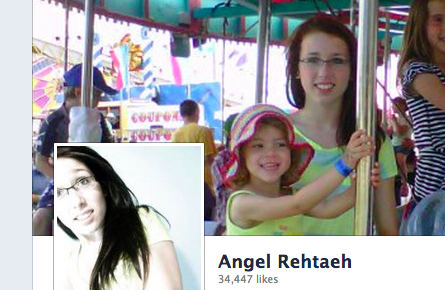Did social media kill Rehtaeh Parsons?
Jesse Brown on life, death and online pressure
Share

Is social media a hero or villain in the case of Rehtaeh Parsons?
Without it, she may never have committed suicide. Had it not been for the humiliation she felt when photos of her alleged gang rape circulated online, and had it not been for the harassing text messages those photos inspired, it’s possible she wouldn’t have taken her life.
Yet without social media, the alleged rape would still have been committed — there just wouldn’t be any proof of it to aid the four government departments now reviewing the case (and the Nova Scotia RCMP’s fruitless investigation of it). Online pressure inspired this thorough and highly politicized review. It would not be happening if not for the cries of outrage on Rehtaeh’s Facebook memorial page, or the 100,000+ names on an online petition demanding an independent inquiry into the police investigation.
But the online outcry threatens to compound the tragedy. Members of Anonymous claim say they’ve verified the identities of the four alleged rapists. The group has issued an ultimatum: bring these individuals to justice, or their names will be released online.
Consider this horrifying prospect: Anyone can be a member of Anonymous, simply be saying so. At any moment, “Anonymous” could name any four teenage boys as the culprits. You can bet these names will circulate wildly, forever linked to gang rape.
I shudder to think what would happen next to the accused — online and off.
Social media is neither hero nor villain in the case of Rehtaeh Parsons. For those of us seeking to understand, social media is a red herring. The crimes, cruelties and campaigns connected to the case are not “the impact of social media” — they are the conscious actions of human beings, amplified.
Follow Jesse Brown on Twitter @JesseBrown